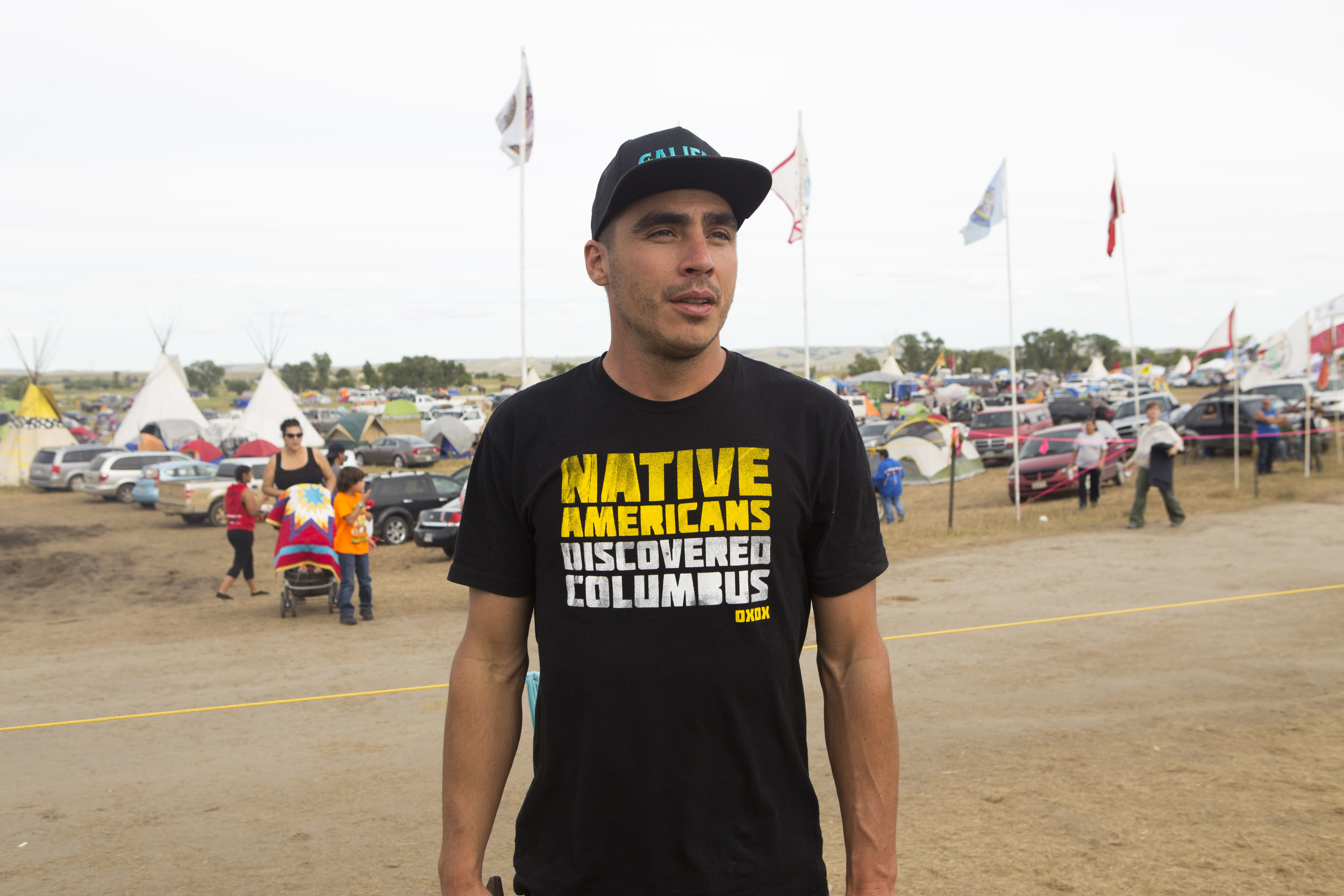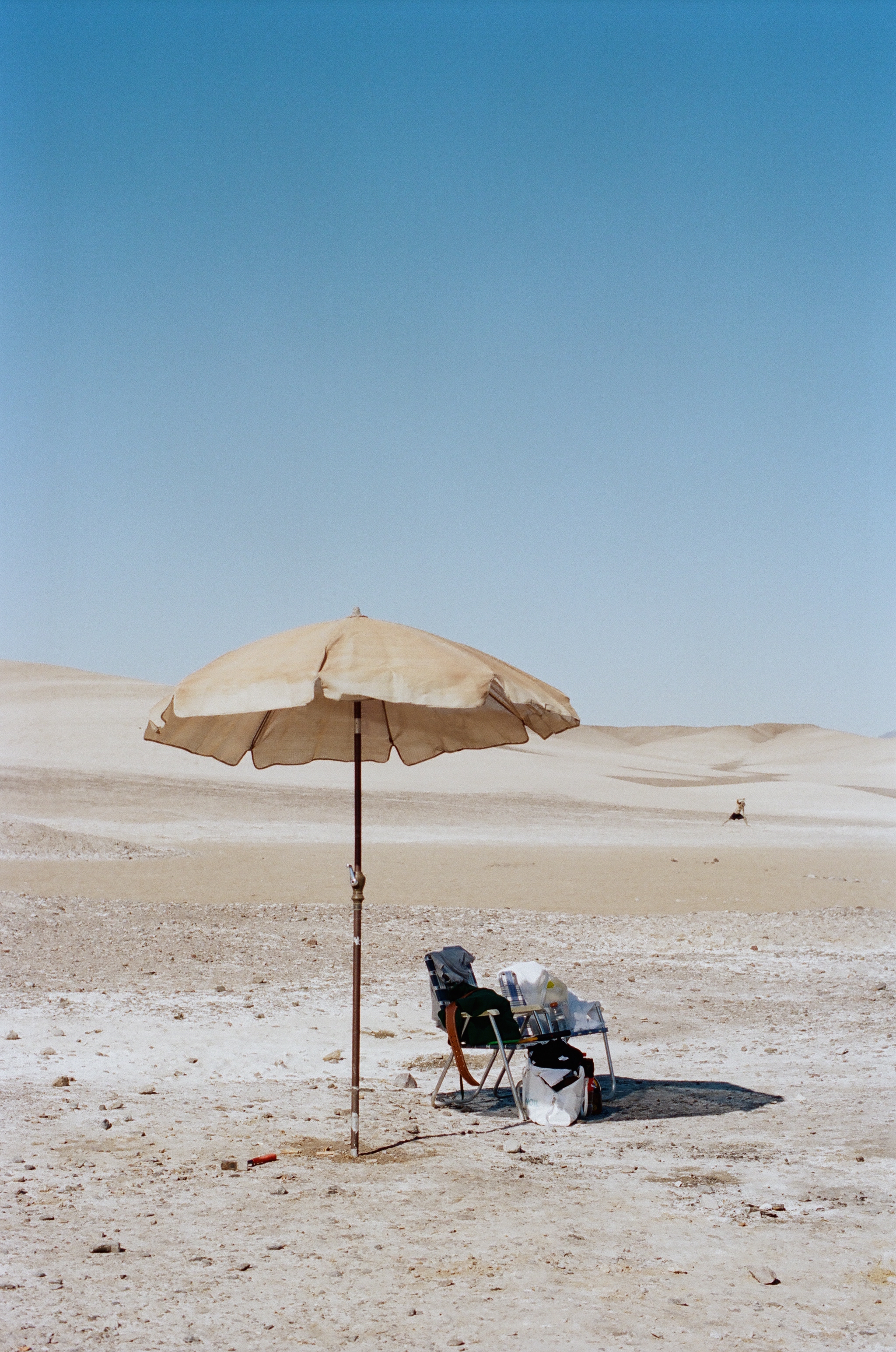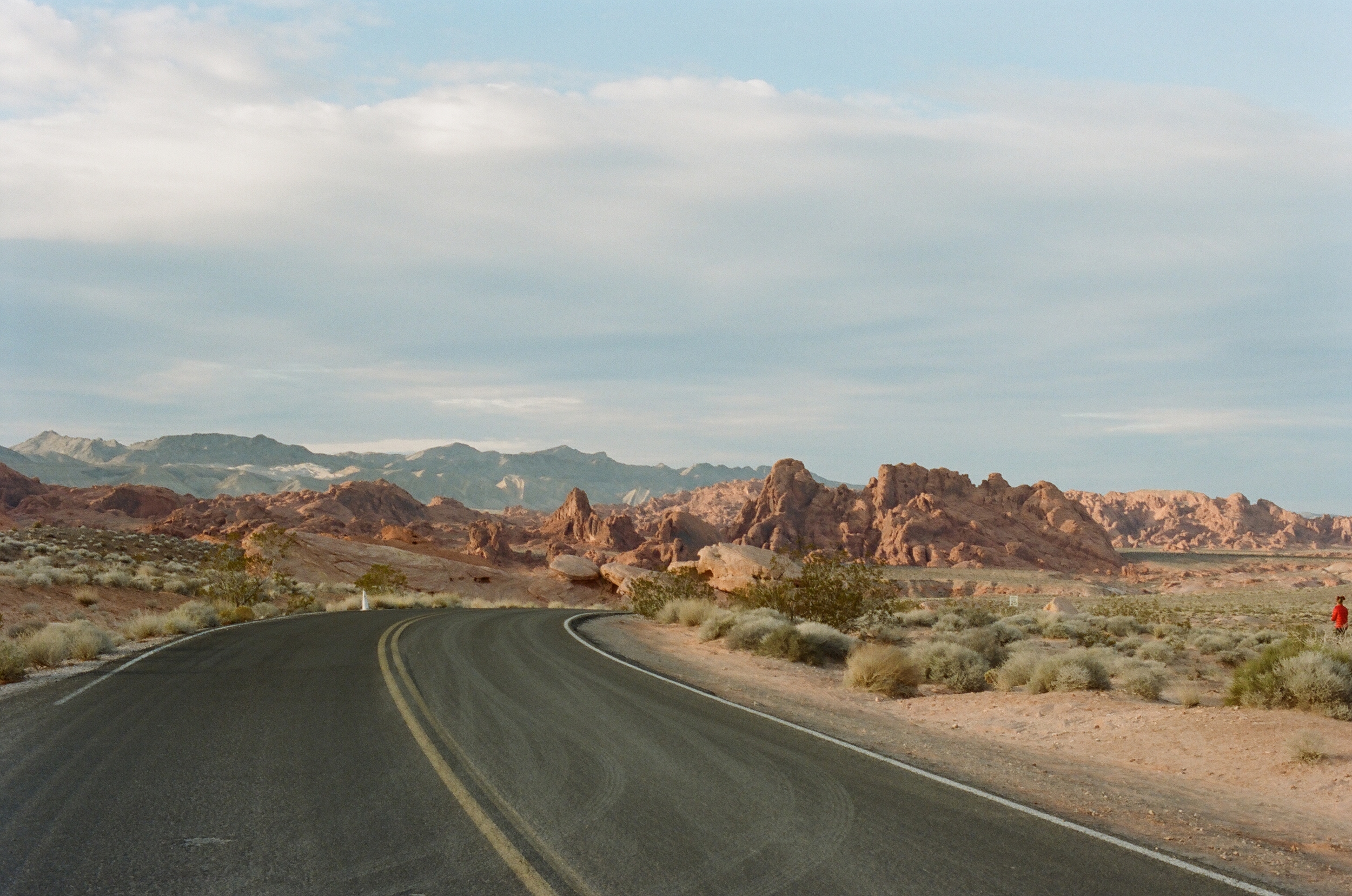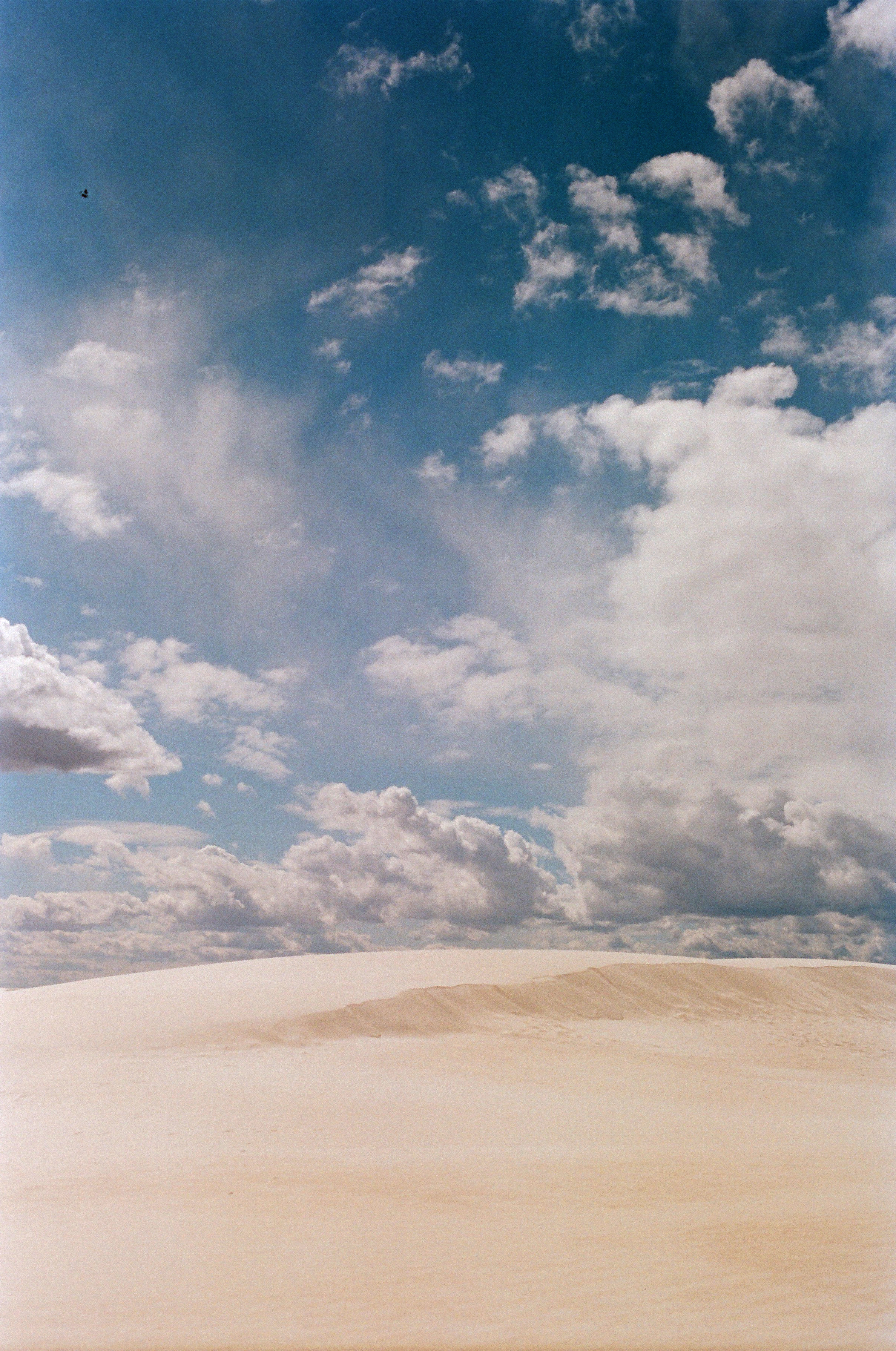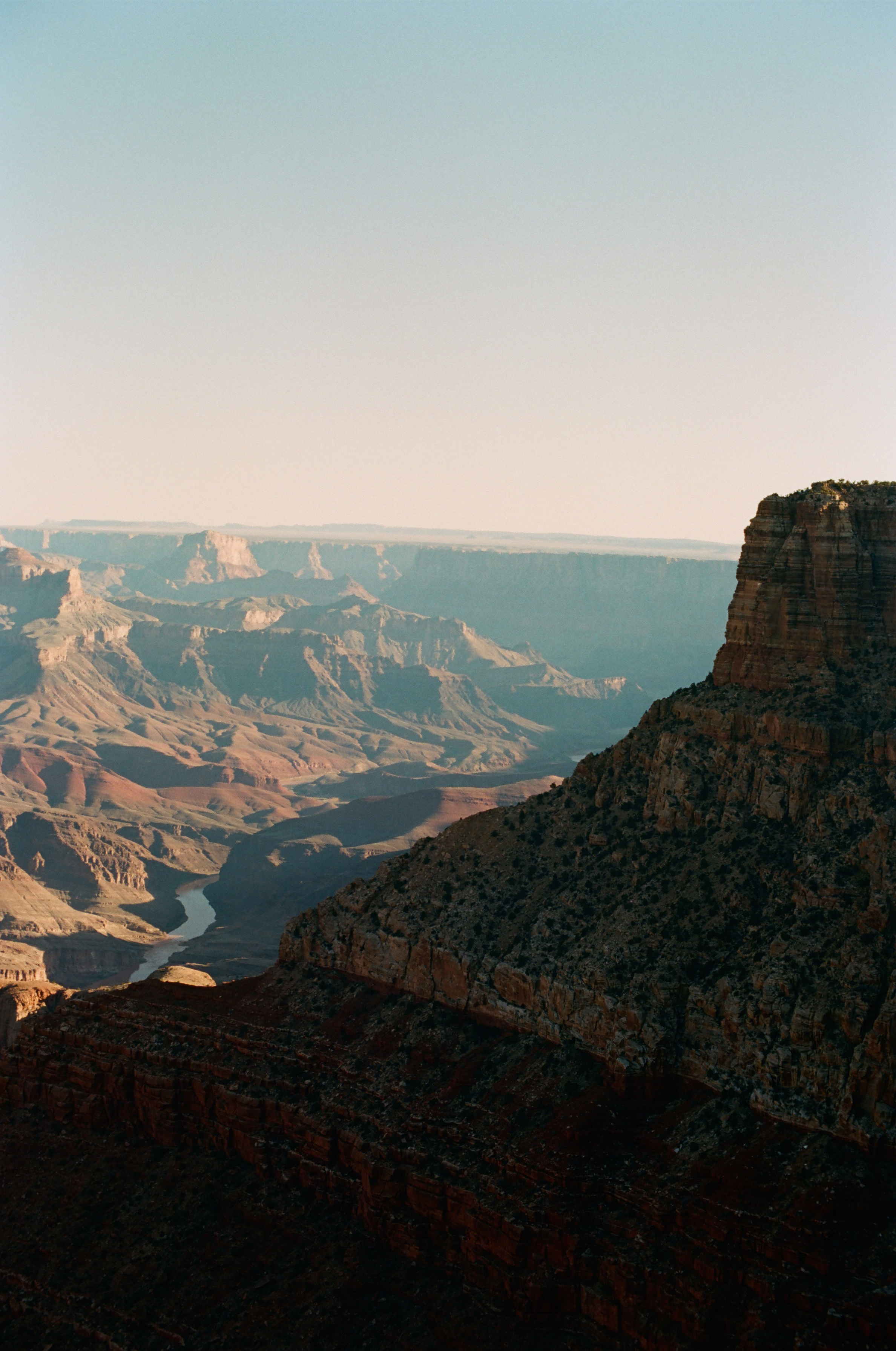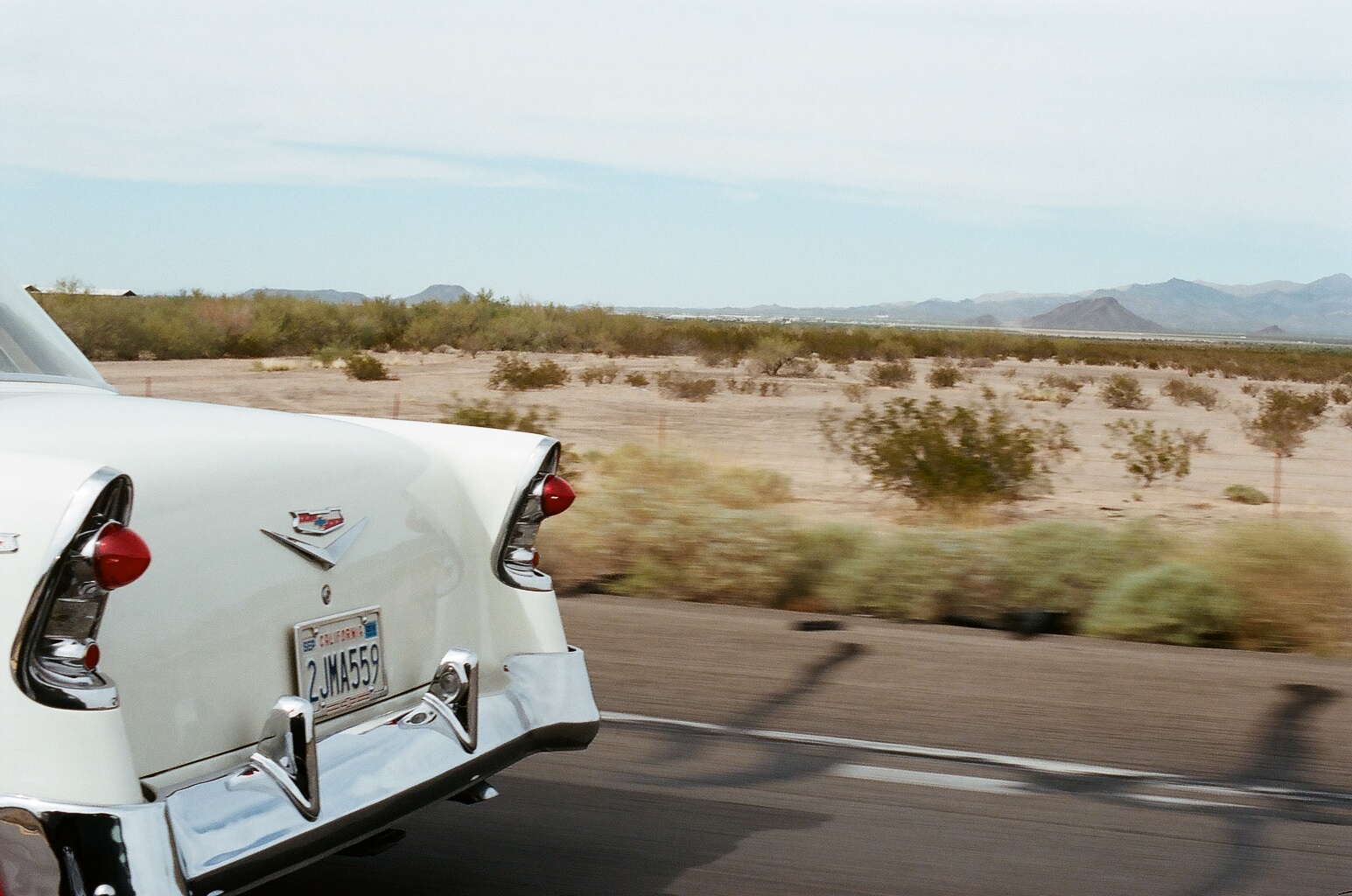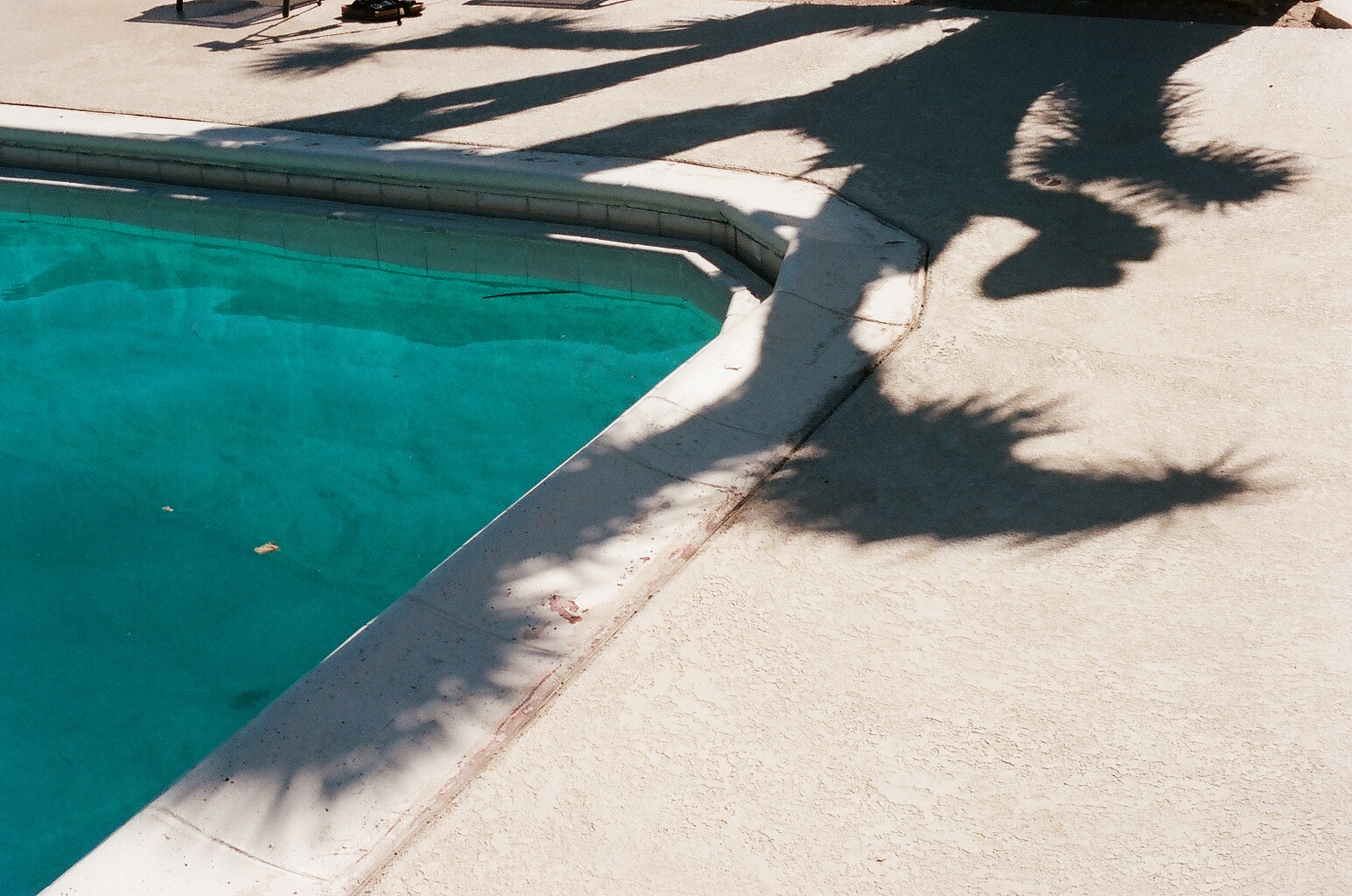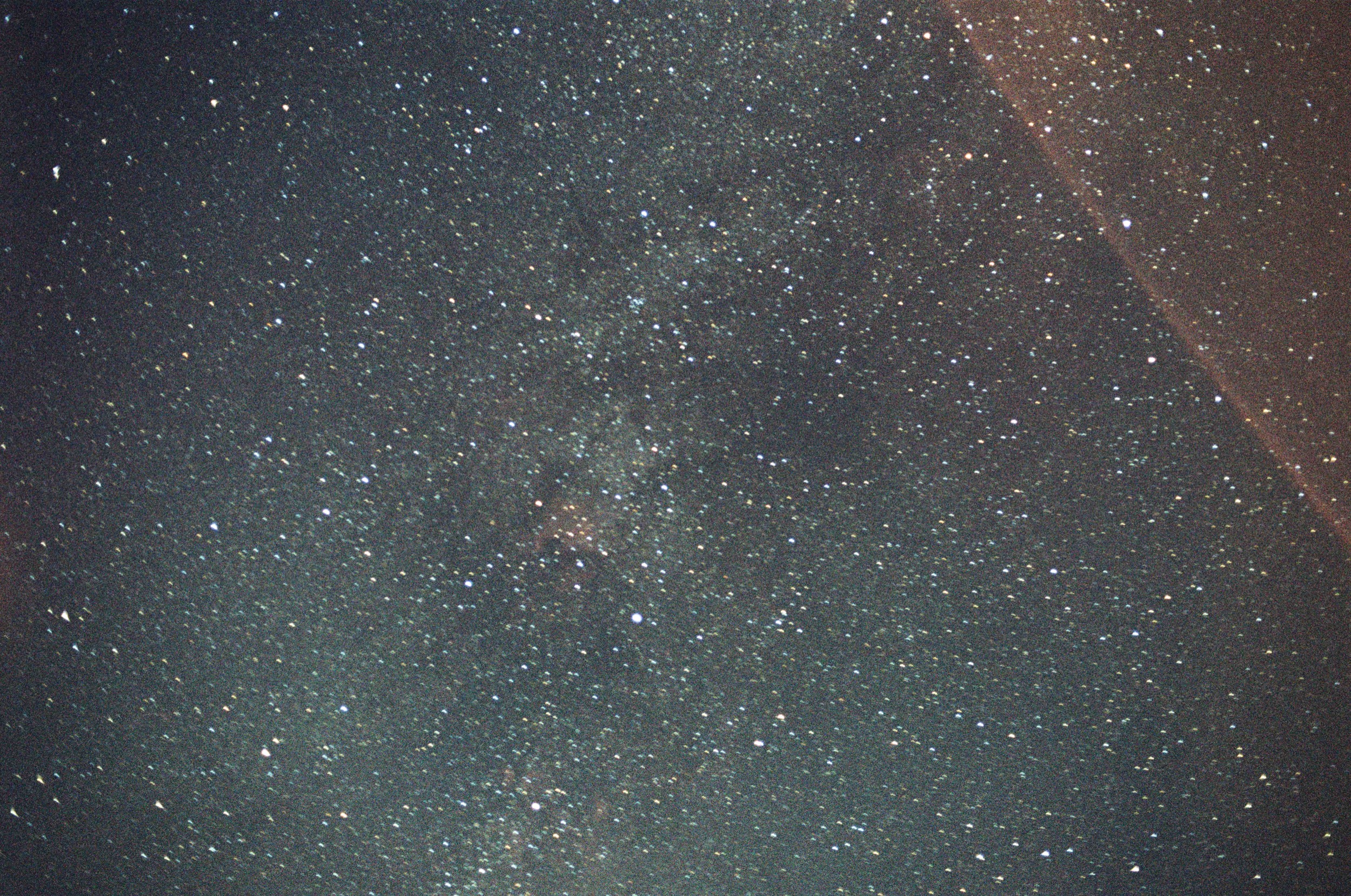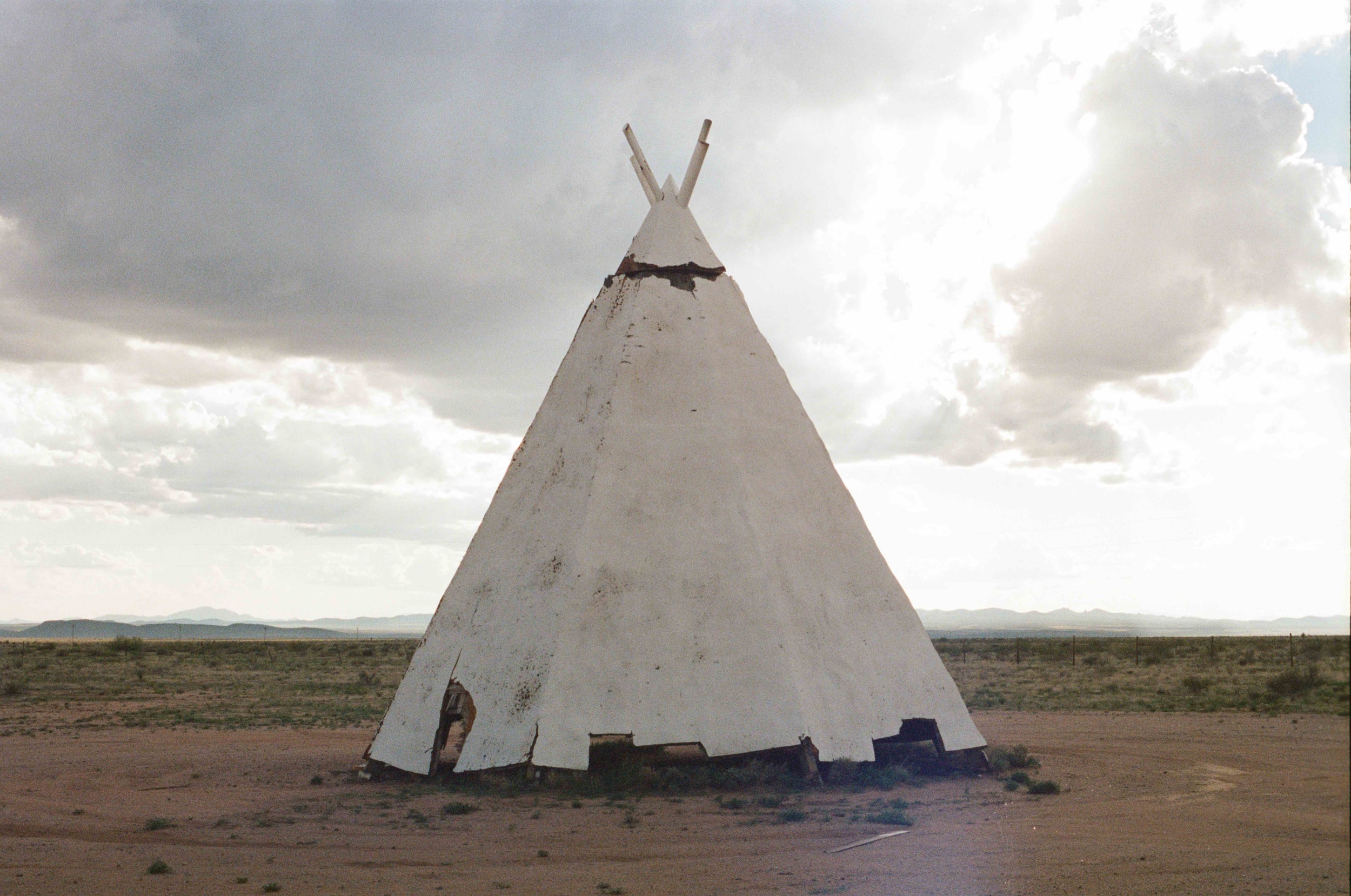Kelly Dean shows me the rejection letter from her insurance company. "It's a battle. I guess I'm going to have to keep fighting."
Kelly gazes out the window and holds her poise, her eyes subtly glazing over. She's been through hardship worse than this before. An opiate and heroin addict for over a decade, Kelly was arrested in 2015, five days before the CDC officially proclaimed Austin, Indiana an "epidemic" due to rampant spread of HIV through unsafe needle sharing amongst local addicts. Kelly detoxed on the concrete floor of the Scott County jail--a process that involves fevers, sweats, diarrhea, vomiting, and abdominal cramps, to name a few--and despite sharing needles while in the throes of her addiction--her HIV test came back negative. Instead, she tested positive for Hepatitis C.
Today, Kelly Licensed Practical Nurse and works at the Austin Health Department as an HIV tester, as well as a certified recovery coach in her local community. She organizes a weekly recovery meeting in Austin, commuting from her new home in Louisville to help others with their struggles. She is by all definitions, a shining of example of someone who has rebuilt their life after the damage done by addiction. So the inability to receive treatment hurts.
"I'm 28 months clean today. I got me a job. I got insurance. And still I have to fight this."
Hepatitis C is a blood-borne virus that attacks the liver gradually, with symptoms developing over a number of years, depending upon the health of the individual. According to the CDC, between 2.7-3.9 million Americans have Hepatitis C, with infections largely spread through unsafe needle sharing during drug use. Without treatment, the virus can lead to liver disease or cirrhosis, a condition where healthy liver tissue is replaced over time by scar tissue, leading to infection, liver failure and eventually death.
Oh, and Hepatitis C is also curable.
But herein lies the rub. Treatment for the virus ranges from $70,000 to $120,000, and--due in larger part to the price point of the medicine--most health insurance coverage will not pay for treatment until cirrhosis occurs. This effectively means that a large number of those who carry the infection must wait until they are at the precipice of death in order to get help.
According to the Scott County Health Department, 96% of those diagnosed with HIV in Scott County since 2015 also have co-occurring infections of Hepatitis C. Austin, a town of approximately 4,300, has had a needle exchange program since the HIV outbreak in 2015, and spread of both HIV and Hepatitis C has curbed substantially. But if you consider that the co-occurring infection rate in the rest of the state is 8.6%, Austin’s numbers are astounding. The federal-state run-Medicare system in Indiana offers comprehensive coverage for those infected with HIV, but with Hepatitis C, they are effectively sent home to wait it out until their symptoms worsen. For some, this could be years.
Kelly is a registered nurse, employed at the Austin Health Department, with insurance provided by her employer, the state of Indiana. "I was told I had to be in Stage 3 liver disease before most insurance companies would--I guess they fight it up until that point--and because I don't have any liver damage . . . Like I'm still really good. Like I don't have any kind of problems with my liver . . .” She pauses to collect herself.
"But what doesn't make sense to me is if we're talking about money . . . you would think if I would get to Stage 3, cirrhosis, I'm not going to be able to work, I'm not going to be able to support myself. The state's going to have to pay for that."
So why are these drugs so expensive? Because drug companies want them to be.
A 2015 bipartisan review by the Senate Finance Committee concluded that Gilead Sciences Inc., a California based pharmaceutical company that makes the most popular Hepatitis C treatment Harvoni, kept their prices high to maximize profits. The company's first drug, Sovaldi, was priced at $84,000 for a 12-week of treatment, and their newer drug, Harvoni, priced at $94,500 for a 12-week course of treatment as of 2015. Consumers and insurance companies were, of course, irked by the astronomical price tag of the drug. The Massachusetts Attorney General threatened a lawsuit, but it never came to fruition. Gilead's drugs have a 95% cure rate, and they just released a medication in June that treats all six strains of Hepatitis C: Epclusa.
Kelly initially did not request Epclusa when discussing treatment options with her physician, because she feared the newness of the drug would give her insurance provider pause. After appealing her case, her treatment was finally approved, and as of the publication of this story, she is four days into her treatment.
But the US is not the only country fighting off Hepatitis C, and Gilead has not-so-quietly taken control of the markets in India, where generic facilities thrive. Working with 11 India-based facilities, Gilead creates generics for over 101 developing countries, providing medicine for the roughly 103 million people living in these nations. Gilead provides manufacturing licensing and instruction to these companies, allowing them to set their own prices, and in return Gilead gets a portion of the international profits. The cost? Between $500 to $1500 for a full round of treatment.
With an estimated profit of over $10 billion in 2017 from EpClusa alone, Gilead has a firm hold on the market, despite rising competition. And it doesn’t look as though there reign of profit over patients looks to stop any time soon. Individuals like Kelly—hard-working contributors to society—will have to keep up the fight on their own. No one else will do it for them.

















